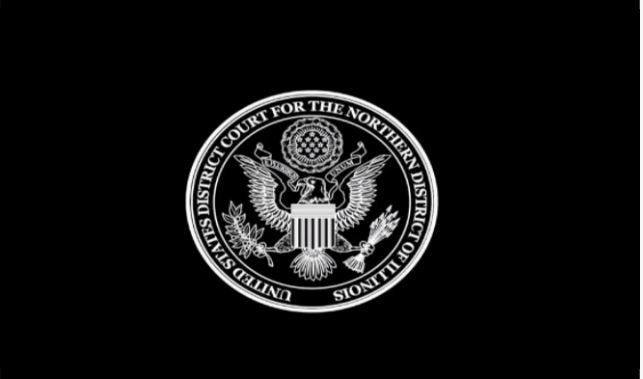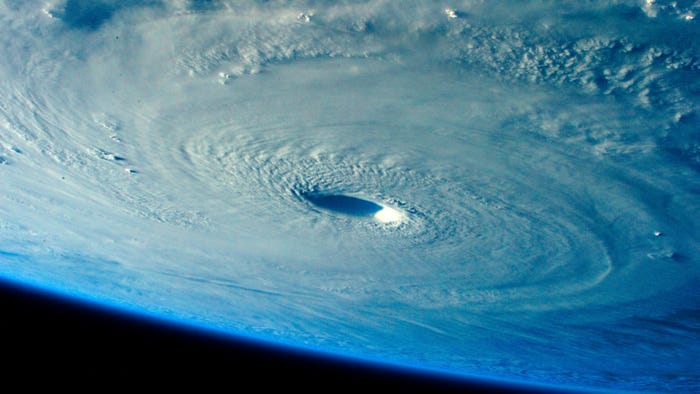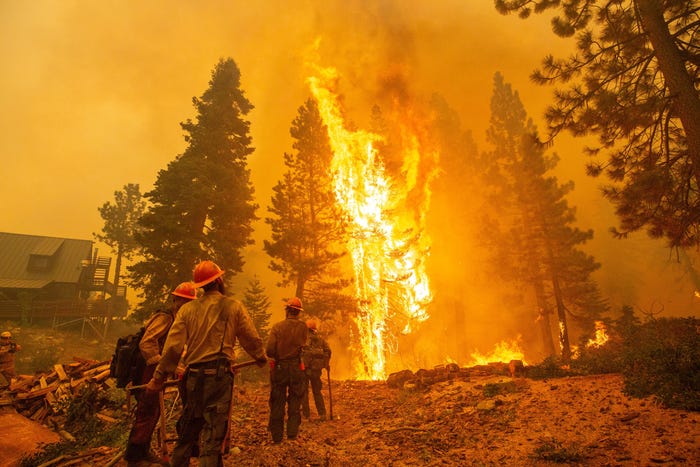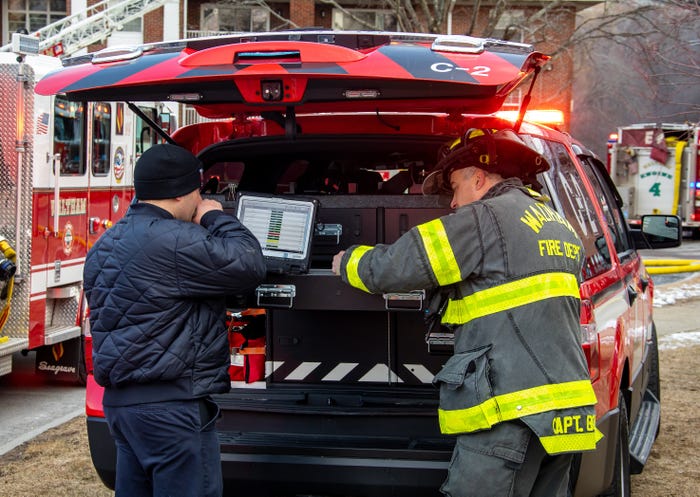
There are limits to cracking down on nuisance 911 calls
People who call 911 needlessly should face ramifications for wasting the time of PSAP personnel and first responders, but government entities should not have laws that effectively limit the number of times a citizen can call 911 with a legitimate emergency.
October 1, 2013

Anyone who has read this column over the past couple of years knows that I’m a staunch proponent of holding people accountable for making nuisance 911 calls. I’m not talking about accidental calls necessarily—the so-called “butt dials”—though I would suggest that if one has made more than a couple of these over the course of a few months, one should consider placing the phone somewhere other than one’s back pocket.
What I’m talking about are the calls that truly are a nuisance. But how does one define that? On the one hand, calls made to 911 when people don’t get the right sandwich at a fast-food restaurant are an obvious example. But what about a spate of seemingly legitimate 911 calls?
That’s the question a federal court soon will contemplate. According to an Associated Press article, the court will consider the legality of an ordinance crafted by a Philadelphia suburb that fines landlords when tenants make three emergency calls within a four-month period; the ordinance also requires the landlord to evict the tenant.
According to the AP, town officials claim that the ordinance is designed to “promote peaceful neighborhoods and discourage nuisance calls.”
The test case involves a woman who was involved in a domestic-abuse situation. The police reportedly were summoned to her home 10 times in the first five months of last year. The woman wasn’t evicted, but she since has moved to another location.
So, you might be asking yourself, why am I writing about this if the woman—described by the landlord as a “good tenant,” according to the AP—didn’t fall victim to this ordinance? Well, she did—she just wasn’t booted out of her domicile. Despite being severely injured after her boyfriend attacked her, she refused to call 911, apparently because she was aware that she would risk eviction. Eventually, a neighbor called—and the woman subsequently was airlifted to a hospital.
Think about that for a moment—a woman so severely injured that she required helicopter transport chose not to call 911 because she feared eviction.
The town revised the ordinance to grant exceptions for “true emergencies,” the AP reported. It now also gives landlords the right to appeal when forced to evict a particular tenant. Interestingly, the evictee wasn’t granted a similar right.
Even if they had been given such a right and managed to avoid eviction as a result, the damage already has been done. I wonder how many people will die because they didn’t dial 911. It’s a chilling thought.
The American Civil Liberties Union, which is pursuing the case, has a problem with this law—and so do I. Any law that subverts a person’s instinct to seek emergency help should be stricken from the books. I’m all for peaceful neighborhoods and a reduction of 911 nuisance calls, but this ordinance requires a price that is too high to pay.
Perhaps more chilling is that there are hundreds of communities in the U.S. that have similar laws on the books, reported the AP, citing the ACLU.
Every one of those communities needs to rethink this, right now. In the meantime, I hope that the ACLU prevails in this case. Determining whether a 911 call is a nuisance should be an exercise that is qualitative, not quantitative.



